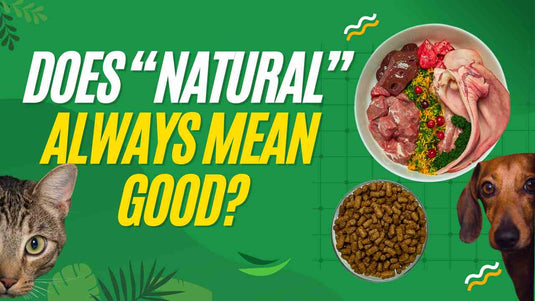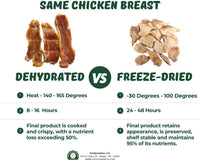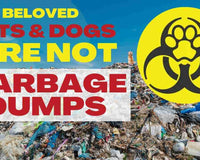Raw Dog Blog
-

DOES NATURAL ALWAYS MEAN GOOD?
Just because something comes from nature doesn't automatically make it a good choice for a snack or meal. Take lead and arsenic, for example—both are natural elements, yet highly toxic.






